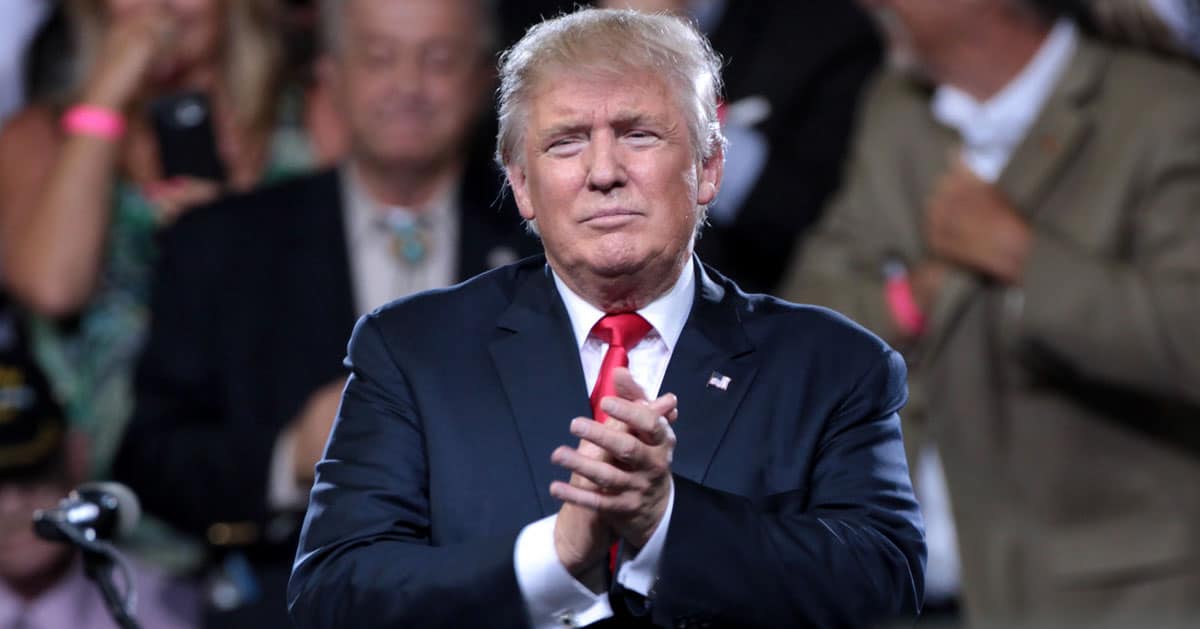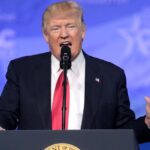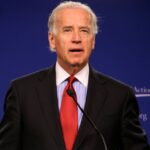



The U.S. Supreme Court is currently deliberating over the scope of an obstruction statute used against January 6 rioters. The nation's highest court is examining whether a broadly applied obstruction statute was misused in prosecuting the Capitol rioters.
NBC News reported that the Supreme Court heard arguments on Tuesday, focusing on the application of an obstruction law historically linked with cases of document shredding, like during the Enron scandal.
This time, however, the discussion pivoted to its use in convicting those who disrupted the congressional certification of the 2020 Presidential election results.
Rioters were charged under this statute for their actions on January 6, which blocked the formal certification of Joe Biden’s presidential win. Legal analysts and the public alike are watching closely, as the decision could have wide-ranging implications on how similar cases are handled in the future.
At the heart of the proceedings is whether the statute should be seen as a "catchall" for various unanticipated methods of obstruction, which include physically halting the session of Congress through violent means. This broad interpretation has stirred concerns about potential overcriminalization.
The law is intentionally broad, designed to cover a variety of obstructive actions beyond just the physical destruction of evidence. Yet, this has led to disagreements on whether its current use aligns with its original intent.
During the session, the point was raised that traditionally, acts qualified as obstruction only if they directly tampered with the truth-seeking function of a proceeding, such as through bribery or falsifying evidence. The current case, however, involves none of these but rather the disruption of a procedural duty by Congress.
One unnamed source emphasized the court's concern, noting, "The court is very focused on ensuring that criminal statutes are not construed too broadly." This reflects a cautious approach to prevent the law from being stretched beyond its intended scope.
Arguments also touched on the nature of punishment, with the statute granting judges the ability to tailor punishments fitting the crimes, a critical factor in ensuring justice is both served and measured.
The discussion among justices hinted at a split, with some viewing the broad application as a necessary tool for modern-day legal challenges, while others see it as a stretch beyond permissible bounds. The decision could redefine the boundaries of legal prosecution for acts of obstruction.
An unnamed person provided a critique, stating, "Historically, these activities did not constitute obstruction unless they directly impinged on a proceeding’s truth-seeking function through acts such as bribing a decision-maker or falsifying evidence presented to it."
Moreover, concerns about the broader impacts of such a ruling were articulated by another source, who argued, "The majority’s real issue with the law was that it reflected overcriminalization and excessive punishment in the U.S. Code."
The outcome of this case is particularly notable as three of Trump’s Supreme Court appointees, Justices Amy Coney Barrett, Brett M. Kavanaugh, and Neil M. Gorsuch, are involved in reviewing the matter. Their perspectives could significantly influence the final decision.
This case presents a pivotal moment for the court to clarify the limits of legal interpretation, especially in politically sensitive contexts. The nation awaits a ruling that will not only affect those involved in the January 6 incident but also set precedents for how similar actions are judged in the future.
The Supreme Court's decision on whether the obstruction statute was overly broadened in the case of the January 6 rioters is pivotal. It addresses whether the law's broad design, meant to encompass a variety of obstructive behaviors beyond record destruction, is being stretched too thin. With the involvement of justices appointed by former President Trump, the outcome will likely resonate beyond this case, influencing future legal interpretations and potentially adjusting the scales of justice in obstruction cases nationwide.



